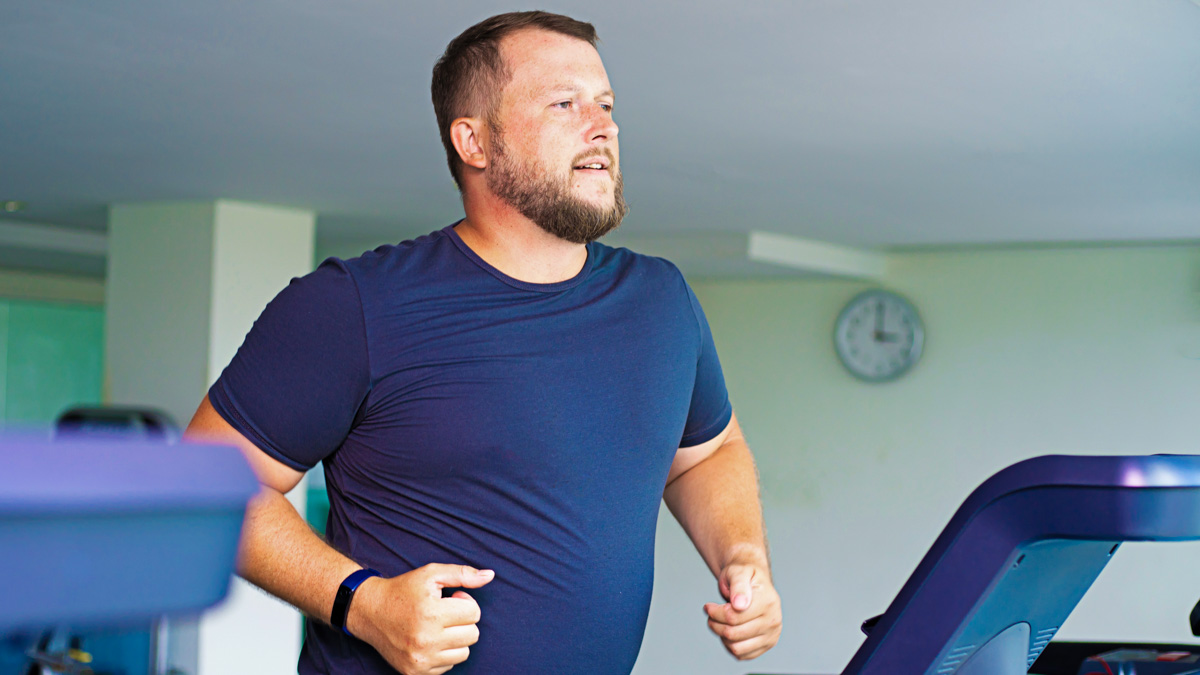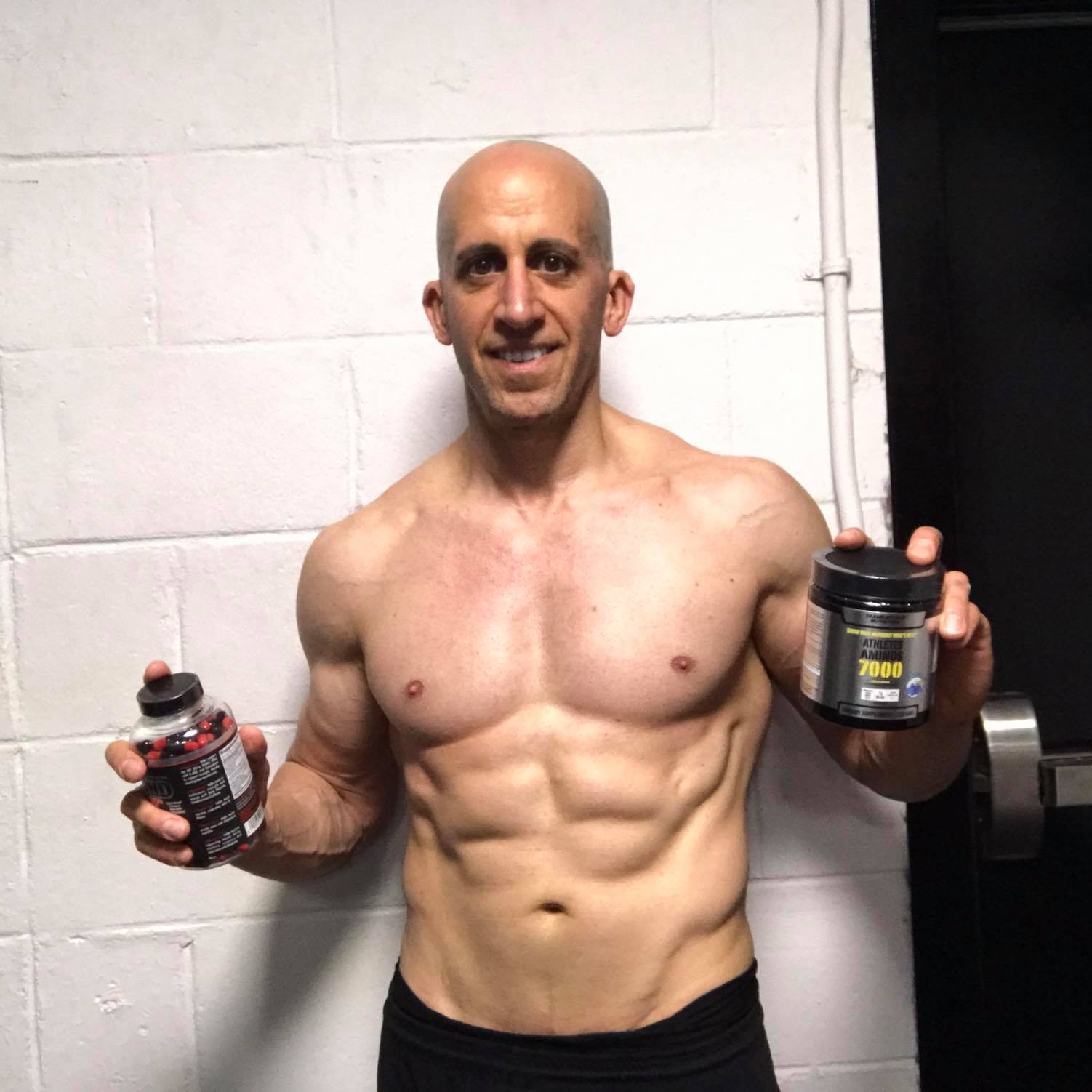Starting a new year often means revisiting some old traditions: popping champagne, kissing a loved one at midnight, and making resolutions. For many people, one goal will be to lose weight — and it isn’t hard to understand why.
Is Weight Loss Really the Best Obesity Treatment?
Since 1980, obesity (as defined by body mass index or BMI of >30) rates have risen significantly around the world with a three-fold increase in the United States to more than 42% in 2018. In the same time frame, there has been a similar increase in weight loss attempts with just under half of all Americans saying that they tried to lose weight in the previous 12 months. Despite these attempts, obesity rates have continued to rise unabated.
Consequently, researchers have begun to question whether there’s a better way to approach treating obesity than weight loss. Focusing on lifestyle changes that result in improved quality of life and lower rates of disease could be the answer.
Regular Exercise Is More Beneficial for Overweight Individuals
A recent study published in iScience suggests that being active — as defined by participating in vigorous exercise at least three times a week — is associated with profound health benefits for those who are overweight (as defined by a BMI of 25-30). While regular physical activity confers benefits to those who are of normal weight, the benefits that are conferred to those who are overweight are even more dramatic.
In fact, when overweight individuals participate in regular exercise, their risk of poor health outcomes is reduced close to that of normal-weight individuals who are physically fit. This is very important given the reality that weight-loss regimens are generally unsustainable. Obesity researchers now believe that by emphasizing fitness rather than weight loss, better health can be achieved by those who are overweight, including improved diet and, eventually, more sustainable weight loss.
This is not to say that being overweight is not associated with poor health or long-term health outcomes. It is only to point out that being physically active at any weight seems to confer more important health benefits than losing weight alone.
How to Be Active for Sustainable Weight Loss
What this new research confirms is that our resolutions should be less focused on weight loss and more on being active. The CDC recommends “at least 150 minutes a week of moderate intensity activity such as brisk walking (and) at least 2 days a week of activities that strengthen muscles” for adults, but that’s often easier said than done. To make exercise routine, it has to become part of your daily life. Here are some easy ways to be active on a regular basis:
- Start small: Begin by committing to doing something active once per day for 15-20 minutes. This can be as easy as a walk around the block. Incorporating this into your daily routine will mark the beginning of your own sustainable fitness habit.
- Find someone to hold you accountable: Tell someone close to you that you are doing this and ask them to hold you accountable in an encouraging, non-judgemental way. Choose someone who will motivate you to stick to your new plan of being more active.
- Set a goal: Give yourself something to aspire to. Have you ever completed a 5km walk or run? Make that a goal! Build up to it with your new routine and in a few months, reward yourself with completing that goal. Then, set a new goal. Each goal propels you on to the next, resulting in better fitness.
- Find a friend to share the journey: You are NOT alone in your journey to better fitness. One of the best ways to make activity more rewarding and enjoyable is to do it with a like-minded person who shares the same desire for becoming active as you do. Best of all, having someone to do this with will help you with accountability and attaining goals.
- Identify where you would like to end up: Have you always wanted to do a marathon but thought there was just no way you would ever do one because it seemed like such a monumental task from where you are starting from? A triathlon maybe? A long-distance hike or mountain summit? Whatever it is, no one has ever accomplished those things without taking the first steps. If you have a long-held fitness-related ambition that you never thought was possible, now is the time to reconsider that. Find an image that represents this unattainable thing for you and place it somewhere that’s visible in your everyday life. On your bathroom mirror? In the case of your phone? On your computer monitor? Doing so will remind you what you can accomplish if you continue with your commitment and your progress. Even if you don’t actually get to that point and do that thing, it does not mean that you should not at least attempt to start the journey towards it.
- Use a training plan to help you with scheduling and structure: If you’re highly motivated, a fitness-focused training plan can provide you with the structure and guidance you’re craving. Here are some training plans that may work for you.
By incorporating regular exercise into your daily life, you can tip the balance in favor of improved health — with weight loss as an added bonus.
Train hard, train healthy.
References
Gaesser, G.A. & Angadi, S.S. (2021, September 20). Obesity treatment: Weight loss versus increasing fitness and physical activity for reducing health risks. Retrieved from https://www.ncbi.nlm.nih.gov/pmc/articles/PMC8560549/









